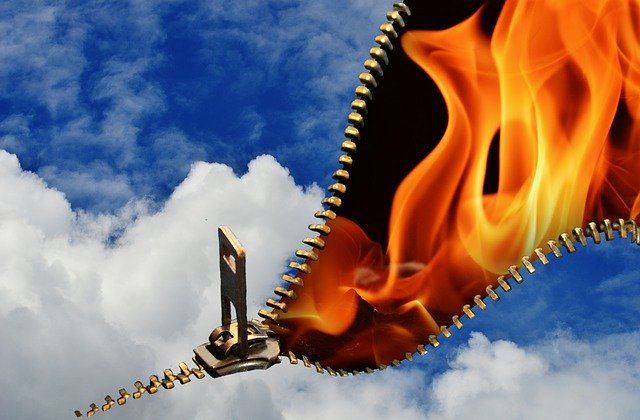 Submitted by Kartr on
Submitted by Kartr on

Image by Alexas_Fotos from http://Pixabay.com
Ignorance (avijja), or not knowing things as they truly are, is the chief cause of Karma. Dependent on ignorance arise activities (avijja paccaya samkhara) states the Buddha in the Paticca Samuppada (Dependent Origination).
Associated with ignorance is the ally craving (tanha), the other root of Karma. Evil actions are conditioned by these two causes. All good deeds of a worldling (putthujana), though associated with the three wholesome roots of generosity (alobha), goodwill (adosa) and knowledge (amoha), are nevertheless regarded as Karma because the two roots of ignorance and craving are dormant in him. The moral types of Supramundane Path Consciousness (magga citta) are not regarded as Karma because they tend to eradicate the two root causes.
Who is the doer of Karma?
Who reaps the fruit of Karma?
Does Karma mould a soul?
In answering these subtle questions, the Venerable Buddhaghosa writes in the Visuddhi Magga:
"No doer is there who does the deed;
Nor is there one who feels the fruit;
Constituent parts alone roll on;
This indeed! Is right discernment."
For instance, the table we see is apparent reality. In an ultimate sense the so-called table consists of forces and qualities.
For ordinary purposes a scientist would use the term water, but in the laboratory he would say H 2 0.
In this same way, for conventional purposes, such terms as man, woman, being, self, and so forth are used. The so-called fleeting forms consist of psychophysical phenomena, which are constantly changing not remaining the same for two consecutive moments.
Buddhists, therefore, do not believe in an unchanging entity, in an actor apart from action, in a perceiver apart from perception, in a conscious subject behind consciousness.
Who then, is the doer of Karma? Who experiences the effect?
Volition, or Will (tetana), is itself the doer, Feeling (vedana) is itself the reaper of the fruits of actions. Apart from these pure mental states (suddhadhamma) there is no-one to sow and no-one to reap.
- 678 reads